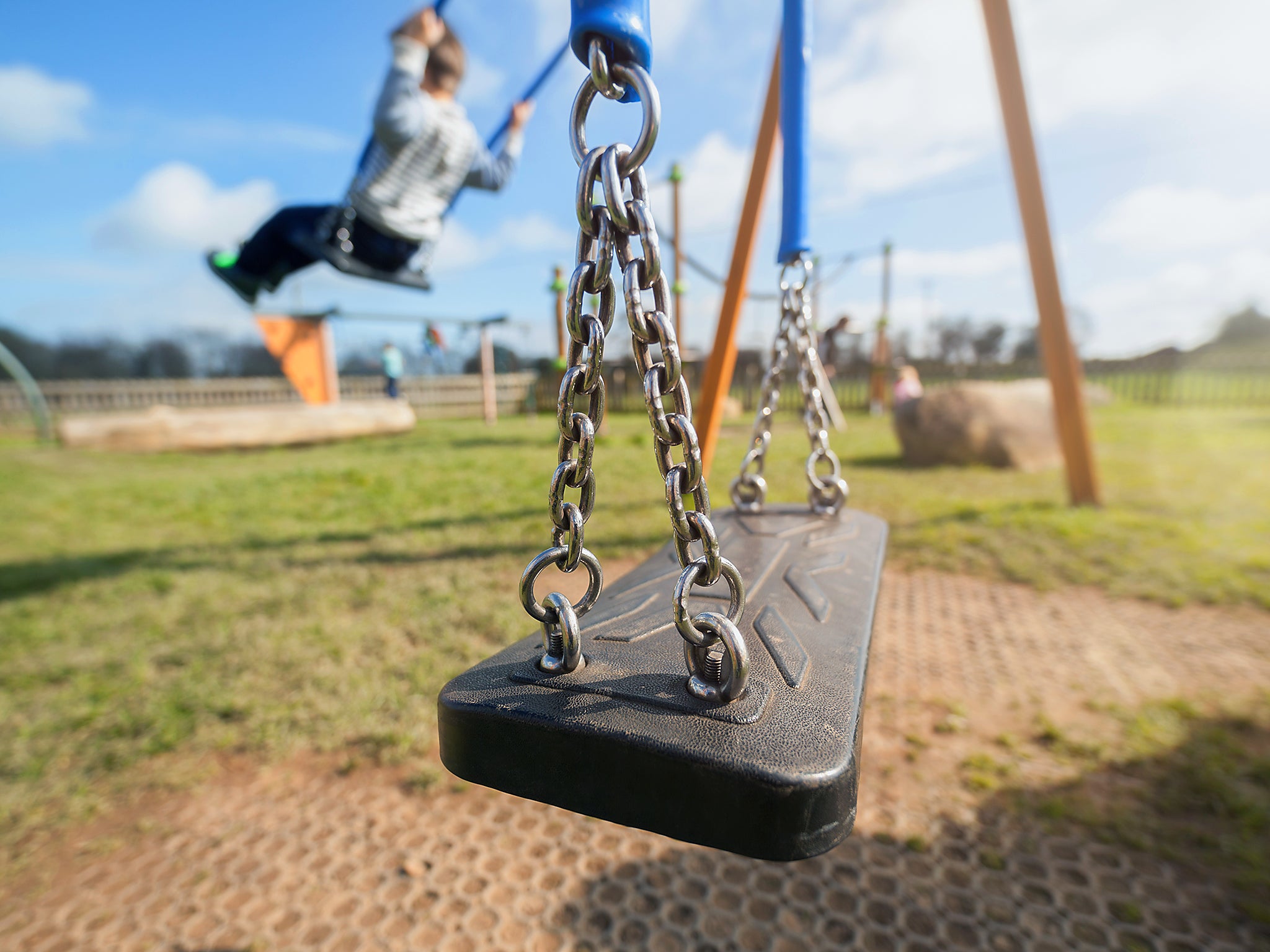What can be done to tackle unpaid child maintenance?
Less than 10 per cent of the £354m owed by absent parents has been clawed back, so what can the government do to reduce the abuse of the system? Maya Oppenheim reports


Single mothers are being left in poverty as a result of unpaid child maintenance – but there are few mechanisms at their disposal to hold the absent parent to account.
The “persistent failure” of the child maintenance system have spurred four single mothers to launch legal action against the Department of Work and Pensions over unpaid support.
Charities have long warned that systemic failings mean parents who do not fork out are able to evade any form of financial or legal punishment – so what can be done about it?
Failing to make payments can result in fines and even custodial sentences, but these are used sparingly. Last year just six non-payers were sent to prison and three passports were confiscated, despite the fact that £354m is still owed by absent parents.
Victoria Benson, chief executive of Gingerbread, the leading single parent charity which is supporting the four women launching the judicial review against the DWP, told The Independent: “Going to prison is not the desired result because all the parents want is money to feed their children with. 90 per cent of single parents are women. The DWP has been so slow and negligent in cases of child maintenance. They have failed to use their enforcement powers to make parents pay in order to provide for their children. If the parent makes a very small payment for child maintenance, it is deemed to be compliance.
“It is a very long process to lodge a complaint against a parent who is not paying child maintenance. Parents are very frustrated with the process which sometimes sees cases switched to different members of DWP staff. They have found their case notes are often mislaid. They continually have to retell their story to different members of staff.
“Technically there are measures to hold parents who do not pay child maintenance to account but systemic failings stop these from being properly implemented.”
Ms Benson noted the child maintenance service has displayed “extreme negligence” in actually utilising its raft of enforcement powers to collect unpaid maintenance payments and has recovered less than 10 per cent of what is “actually owed”. She said parents who choose not to pay maintenance can have money deducted from their earnings but said this has only been used for a “tiny fraction” of cases.
She added: “It is a child’s legal right to be supported by both parents, and yet the service designed to protect this right is failing them. Even before Covid-19, there was £334m in unpaid arrears and over 100,000 children across the country were not receiving a penny in maintenance. Covid-19 has exacerbated these problems and even more single parent families have lost out on maintenance payments.”
Some three out of 10 single parents working are living in poverty. Research has found 60 per cent of people who are owed maintenance and are living in poverty would be removed from the “poverty trap” if the parent refusing to pay maintenance started giving them the money they are owed.
Join our commenting forum
Join thought-provoking conversations, follow other Independent readers and see their replies
Comments